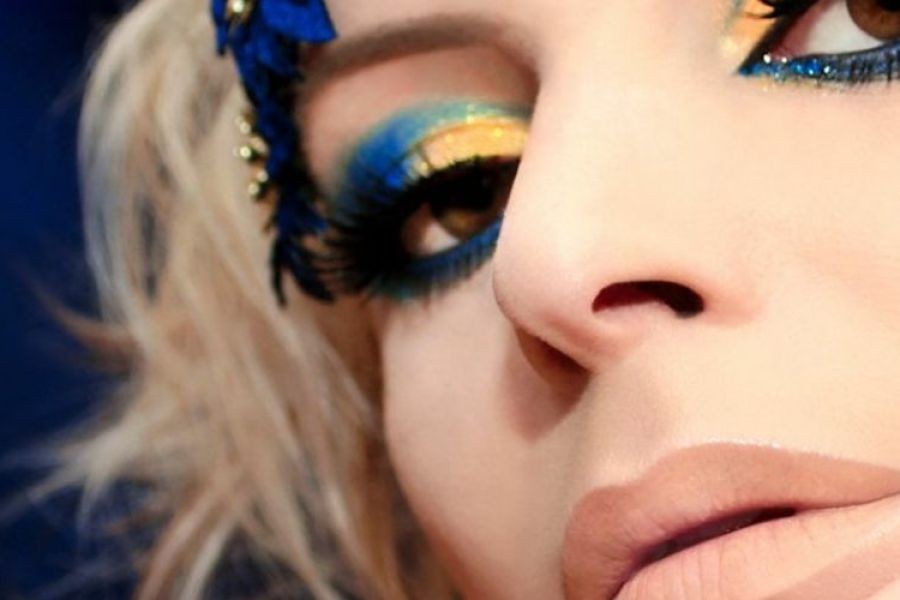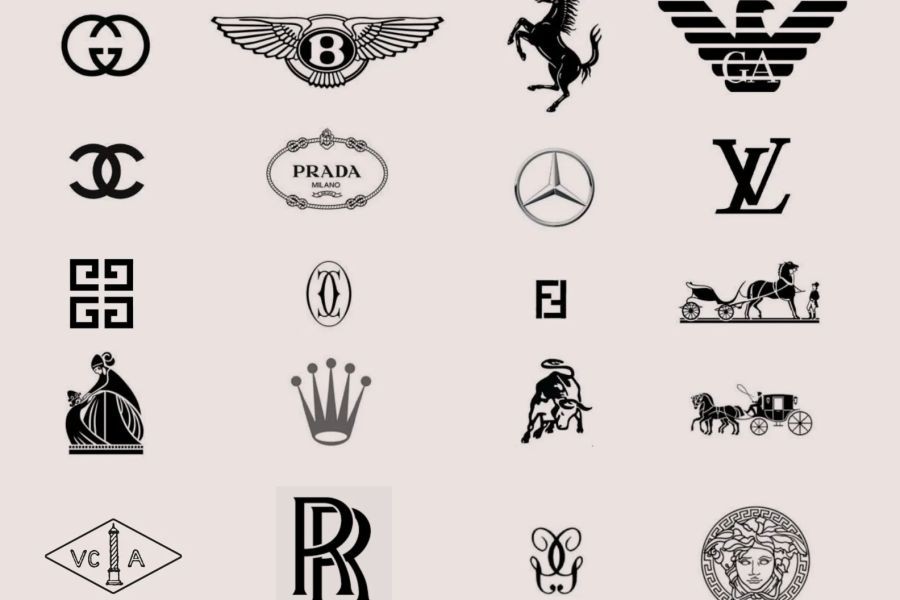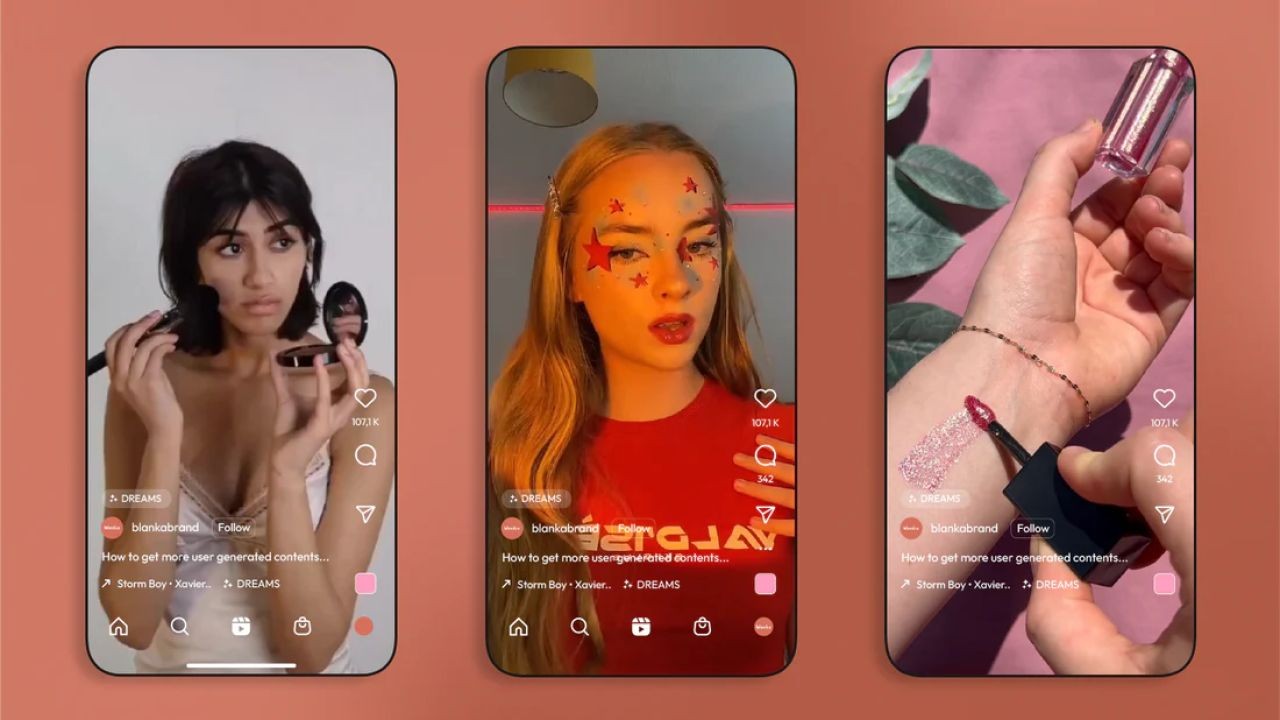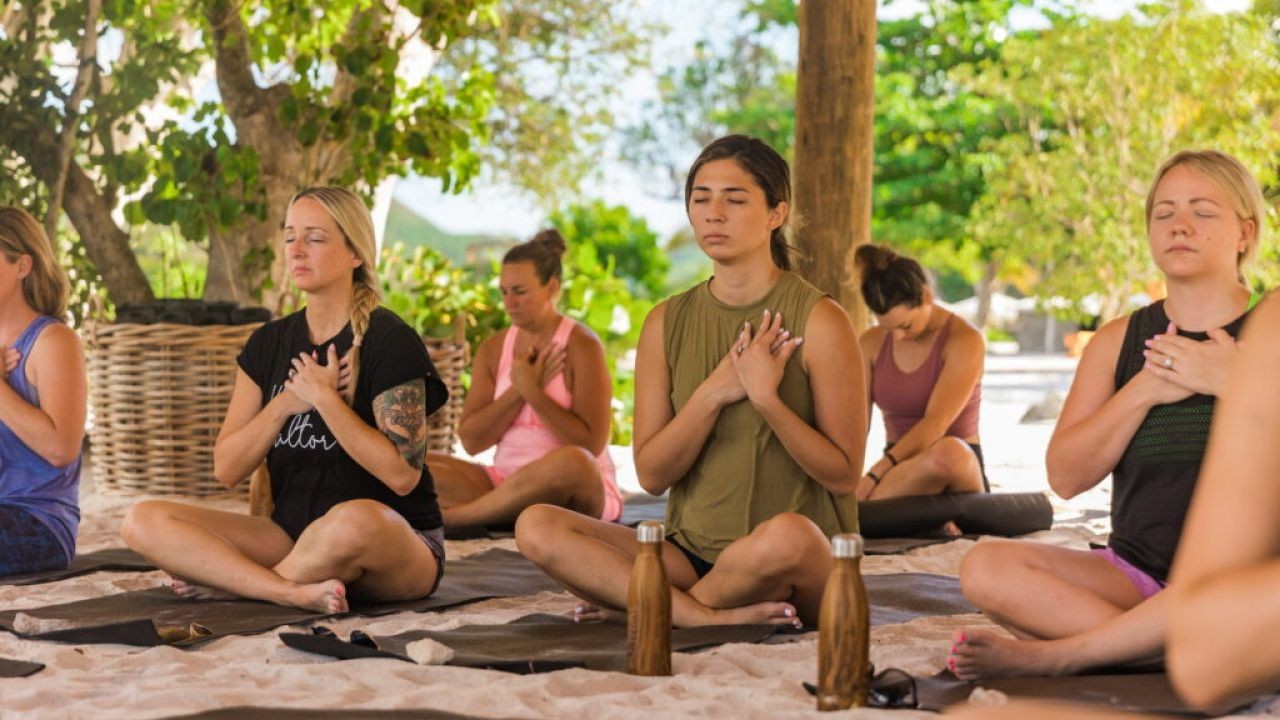In the world of makeup, myths and misconceptions often circulate, shaping how consumers approach beauty. In New Zealand, where the beauty industry is steadily growing, it's crucial to separate fact from fiction to make informed decisions. With the beauty market in New Zealand valued at over NZD 1.2 billion in 2022, as reported by the Ministry of Business, Innovation, and Employment (MBIE), understanding these myths can help consumers and businesses alike make smarter choices. This article delves into some of the most pervasive makeup myths that New Zealanders still believe and offers expert insights to debunk them.
The Makeup Myth Deep Dive
Makeup myths are not just harmless misconceptions; they can significantly impact consumer behavior and industry practices. The prevalence of these myths in New Zealand is influenced by cultural norms, media portrayals, and even economic factors. For instance, with the rising emphasis on sustainability and natural beauty, some myths have gained traction, leading to misguided consumer choices and missed opportunities for businesses.
Myth 1: Natural Makeup is Always Safer
Reality: While natural products are often marketed as safer, this isn't always true. Ingredients derived from nature can still cause allergic reactions or irritations. A study from the University of Auckland found that 30% of participants experienced skin reactions to natural beauty products. It's essential to focus on ingredient safety rather than simply assuming 'natural' equals 'safe'.
Myth 2: Expensive Products Are Better
Reality: Price does not always equate to quality. Many affordable makeup brands offer products that perform just as well as high-end alternatives. Consumer NZ tests have shown that some budget mascaras outperform luxury ones in terms of longevity and application. It's important to research and test products to find what works best for you.
Myth 3: You Must Match Your Foundation Perfectly to Your Skin Tone
Reality: While a perfect match is ideal, it's not always feasible. Factors such as lighting, skin undertones, and personal preference play a role. Makeup artists suggest focusing on blending techniques and considering slight variations to complement your natural complexion.
Myth 4: Makeup Causes Acne
Reality: Not all makeup causes acne. The key is to choose non-comedogenic products and maintain a proper skincare routine. According to research by Massey University, makeup that is labeled as non-comedogenic is less likely to clog pores and cause breakouts.
Myth 5: Makeup with SPF is Enough Sun Protection
Reality: While makeup with SPF offers some protection, it is usually not enough. Dermatologists recommend using a dedicated sunscreen with at least SPF 30 beneath makeup for adequate sun protection. In New Zealand, where UV levels are high due to its geographical location, this is especially important.
Pros and Cons of Believing Makeup Myths
Understanding the impact of makeup myths can help consumers make informed decisions. Here's a breakdown of the pros and cons:
Pros:
- Informed Choices: Debunking myths leads to better-informed purchasing decisions, reducing waste and saving money.
- Enhanced Skin Health: Understanding skincare and makeup ingredients can lead to healthier skin.
- Empowerment: Knowledge empowers consumers to question marketing claims and seek products that truly meet their needs.
Cons:
- Misguided Spending: Believing myths can lead to unnecessary spending on ineffective products.
- Skin Damage: Following incorrect beauty advice can result in skin damage or irritation.
- Lost Opportunities: Myths can deter consumers from trying new, potentially beneficial products.
Real-World Case Study: The Rise of Eco-Conscious Beauty in New Zealand
Problem: A Wellington-based beauty startup faced challenges integrating eco-friendly practices without compromising product efficacy.
Action: The company adopted sustainable packaging and sourced ingredients locally, aligning with consumer demand for environmentally friendly products.
Result: Within a year, the startup saw a 50% increase in sales and gained a loyal customer base. Their success story was featured in the NZ Business Review.
Takeaway: New Zealand businesses can thrive by aligning with consumer values and challenging traditional beauty industry norms.
Future Trends in the New Zealand Beauty Industry
By 2028, it's predicted that 60% of beauty products in New Zealand will incorporate sustainable practices, driven by consumer demand and regulatory policies. The Reserve Bank of New Zealand notes that eco-consciousness is becoming a significant economic driver, influencing industries beyond beauty.
Final Takeaways & Call to Action
- Evaluate makeup products based on ingredients and performance, not price or marketing claims.
- Incorporate a dedicated SPF product into your routine for adequate sun protection.
- Stay informed about beauty trends and myths to make empowered purchasing decisions.
What makeup myths have you believed? Share your thoughts in the comments below and join the conversation. If you found this article insightful, share it with your friends and help debunk these myths!
People Also Ask (FAQ)
- How does the beauty industry impact New Zealand's economy? The beauty industry contributes significantly to New Zealand’s economy, with a market value exceeding NZD 1.2 billion, fostering employment and innovation.
- What are the biggest misconceptions about makeup? Common myths include the belief that natural is always safer and that expensive products are inherently better, which research discredits.
- What are the best strategies for choosing makeup products? Experts recommend focusing on ingredients, performing patch tests, and prioritizing products that meet specific skin needs.
Related Search Queries
- Makeup myths debunked
- Natural vs. synthetic makeup
- New Zealand beauty industry trends
- Eco-friendly makeup brands NZ
- SPF in makeup effectiveness
- Non-comedogenic makeup benefits
- Affordable high-quality makeup
- Local makeup brands in New Zealand
- Impact of beauty industry on NZ economy
- Future of sustainable beauty products
































FidelBird9
10 months ago